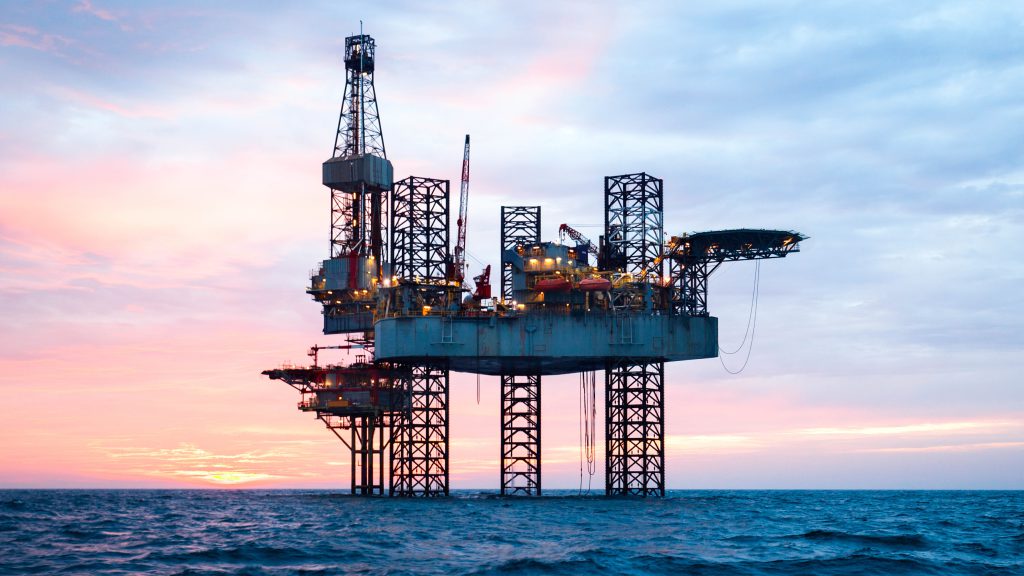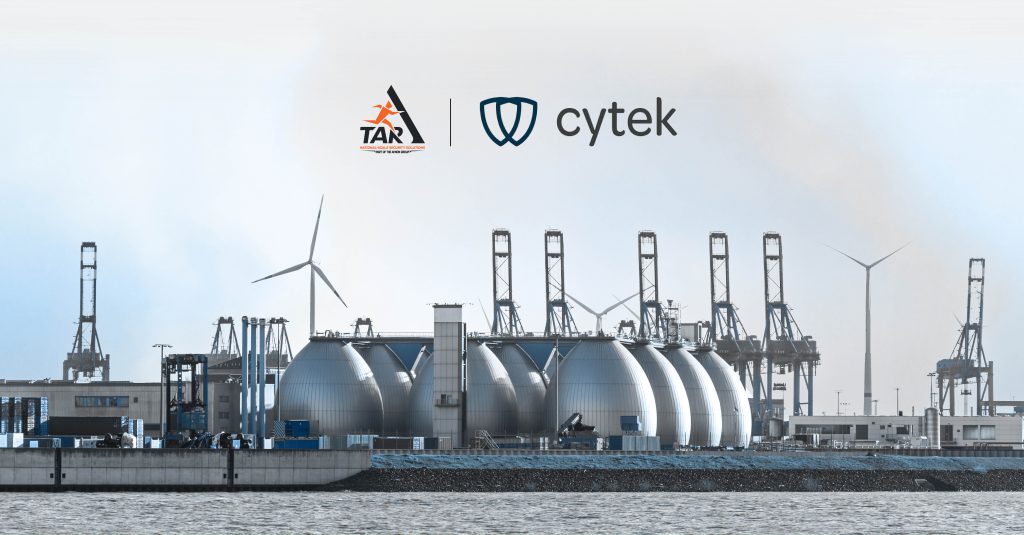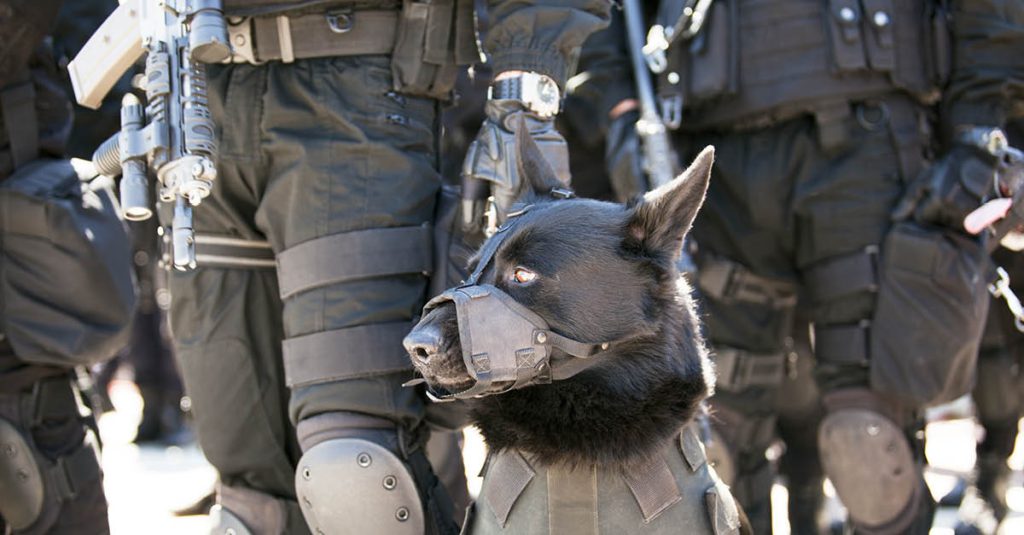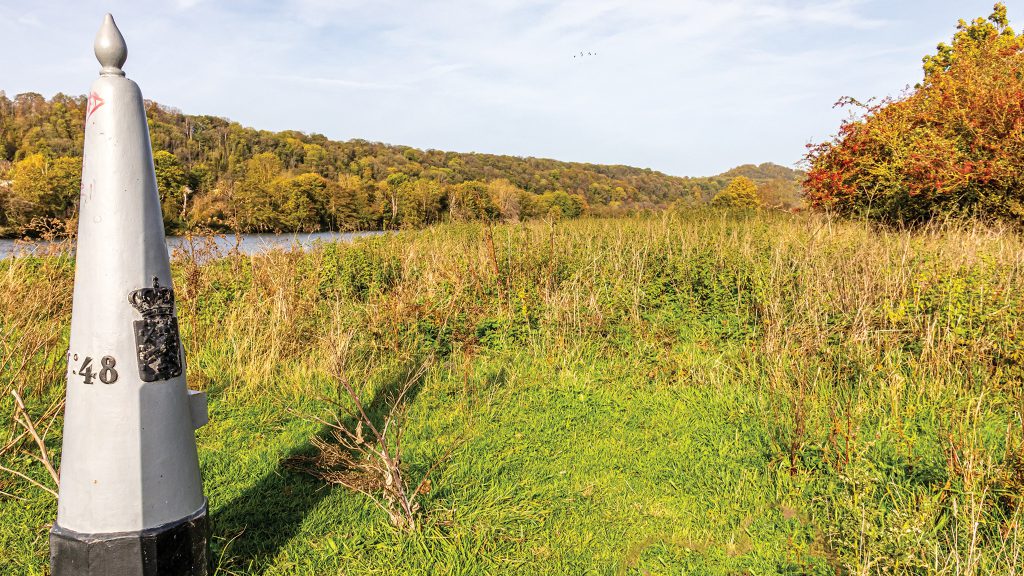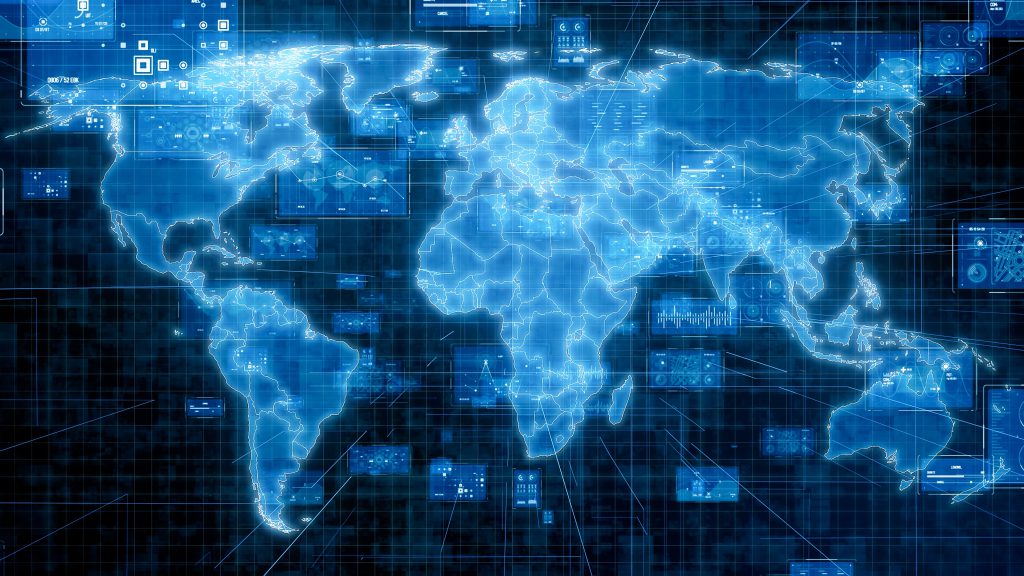From Norway to Mexico, from Israel to India and Nigeria, securing offshore platforms and pipelines has become a major concern.
The oil and gas industry is rapidly becoming one of the most attractive targets of terrorism and maritime piracy. The supply chains from wells and offshore platforms to pipelines, refineries and tankers are vulnerable to threats of sabotage, piracy, acts of terrorism and criminal organisations.
The oil and gas industry is one of the most significant revenue-generating sectors in the world, contributing an estimated $5 trillion in global revenue as of 2022. Oil is vital to the framework of the global economy that can have an enormous impact from transportation, heating and electricity to industrial production and manufacturing. Offshore production accounts for an estimated 20% of the world’s gas reserves and 30% of global gas reserves. Recent events fueled global concerns about how we can effectively secure offshore platforms and pipelines.
The gas leak from Russia’s Nord Stream 1 and Nord Stream 2 gas pipelines occurred off the coast of Denmark and Sweden in September 2022. While the EU suspected sabotage, Russian President Vladimir Putin blamed the US and its allies for blowing up the pipelines.
In the North Sea, Norwegian gas workers have noticed a concerning sight: unidentified drones hovering in the sky. The Norwegian government has dispatched warships, coastguard ships, and fighter jets to patrol offshore facilities—whilst drones tracked the Norwegian national guard stationed soldiers around refineries onshore.
In December 2022, German and Norwegian leaders launched a plan to better protect NATO’s maritime infrastructure in response to these incidents and the explosions on Nord Stream pipelines. “We take the protection of our infrastructure very seriously and that no one can believe that attacks would remain without consequence,” said German Chancellor Olaf Scholz at a press conference in Berlin with his Norwegian counterpart Jonas Gahr Store.
The German navy is now working with Norway to protect all critical maritime infrastructure, including oil rigs, undersea cables, and pipelines, and is prepared to do the same for Denmark and Sweden.
“Gas and oil have been produced at sea for many years. Large oil and gas companies, in conjunction with the relevant state, decide who will be in charge of protecting offshore oil and gas platforms,” says an expert on naval warfare at TAR Ideal (an Avnon Group company). “Many offshore oil and gas platforms are completely unprotected. This may sound naive, but in many regions today its a reality. Offshore oil and gas platforms are left to their own devices. I find it unfathomable. An enormous amount of damage can be inflicted by terrorist groups and other state and non-state actors. Basically, it’s not that complicated. A few explosive USVs or kamikaze drones are all it takes to wreak havoc.”
Over the past year, however, things began to change. Recent events have underlined the importance of protecting offshore oil and gas platforms. The mindset is slowly shifting. In order to protect sea lanes, ports, harbours, offshore structures like oil platforms, and other types of critical infrastructure from common threats and illegal activities, maritime domain awareness is essential.
An Oil and Natural Gas Corporation (ONGC) platform 150 kilometres offshore of Mumbai was recently subjected to a structured exercise conducted by the Indian Navy to evaluate organisational effectiveness in protecting offshore assets. Indian Navy officials dubbed the exercise “Prashan”. This exercise examined various measures and protocols to address offshore oil and gas security threats and other contingencies.
Shell corporation investigated whether an illegal connection to the company’s pipeline carried stolen crude oil from an offshore facility in Nigeria. Shell’s local subsidiary detected illegal connections on its pipeline during regular surveillance activities in the crude-rich Niger Delta. The company intends to determine where the theft lines ended and if any breaches occurred to the unmanned platform’s security barriers or unauthorised use of its equipment.
Offshore platforms in Mexico’s Bay of Campeche have long been a hotbed of armed robbery, often linked to organized crime. Platforms and offshore support vessels are regularly targeted by criminal gangs. On July 16, 2022, a group of robbers attacked five unmanned offshore platforms in Campeche’s Cantarell oil field. Steel pipe, comms equipment, tools, cables, and pumps were looted from the platforms.
Israel was one of the first countries to recognise the crucial importance of offshore oil and gas platform protection. As a result of their unique situation, the Israelis have offshore platforms in conflicted maritime border areas. The Leviathan and Tamar offshore facilities are near the Hamas-controlled Gaza Strip and face multiple security threats. As for the Karish offshore gas field in the South, Hezbollah terrorists threatened to attack the gas drilling platform and prevent gas exports and production. All Israeli platforms are within range of missiles fired from Lebanon and rockets fired from Gaza.
“Karish offshore gas field in Israel is the most protected gas field in the world,” says one of TAR Ideal’s naval warfare experts. He adds: “It is very complicated to protect a gas field in a conflict zone; you need to invest a lot of resources in it. An intervention force specialising in managing maritime threats of terrorism is stationed on the platform. There is also a command post with trained security guards. The gas platform is equipped with multiple sensors whilst patrol boats operate nearby. Submersibles and divers that pose a threat can also be detected underwater. Navy ships patrol the area regularly to protect against ground-based missiles.”
The naval warfare expert concluded: “It is not only important to secure and protect offshore gas and oil platforms but also the infrastructure as a whole. Critical infrastructure protection is a must. As we saw with the Nord Stream natural gas pipeline sabotage, offshore pipelines are extremely vulnerable to attacks. It is true that there are no 100 percent solutions, but most of the issues can be resolved, and perpetrators will be significantly challenged by the various protection measures taken.”
“The cost of protecting assets at sea is high. Having the right people, training them, and providing them with special equipment is essential. But you get a return on your investment. Potential damage has a much higher price tag.”
“The proactive management of threats from within and outside the facility is the hallmark of TAR Ideal’s unique offshore critical assets protection approach. We specialize in protecting onshore and offshore oil & gas facilities, power plants, and more.”
“Advanced technologies and access to the world’s leading suppliers make our solutions modular and easily adaptable to rapid changes within asset environments, ensuring maximum protection and enabling uninterrupted production and operations.”


